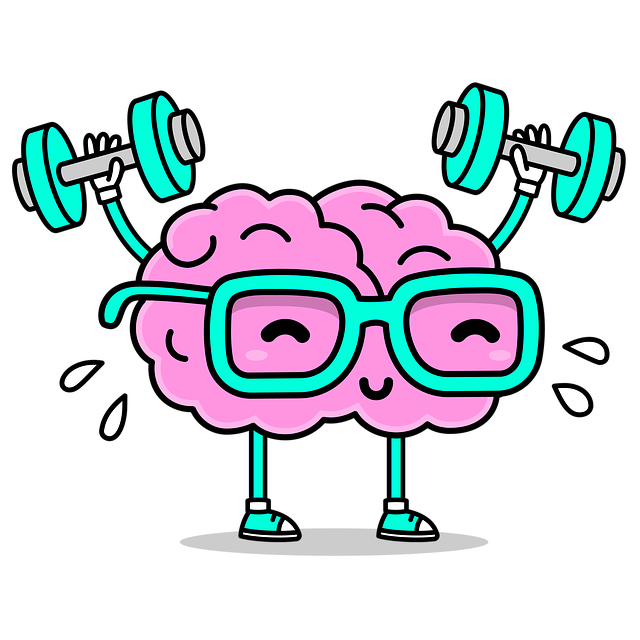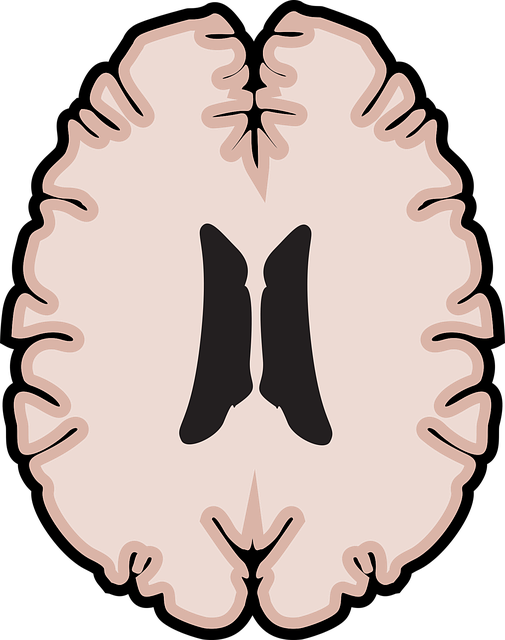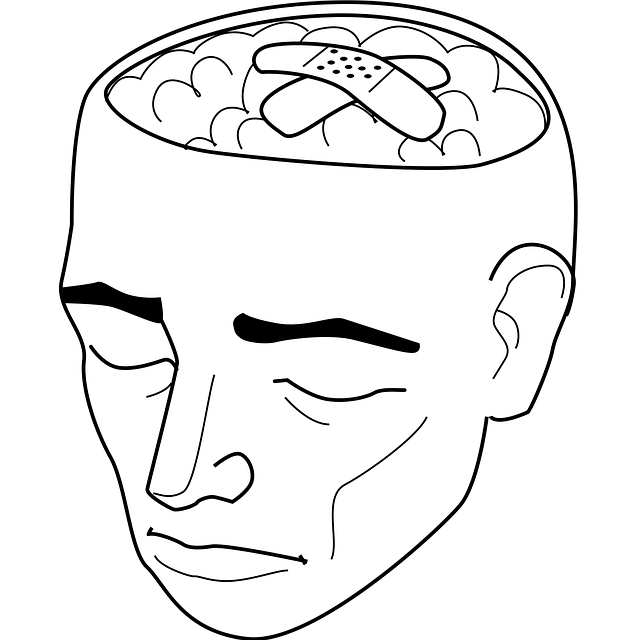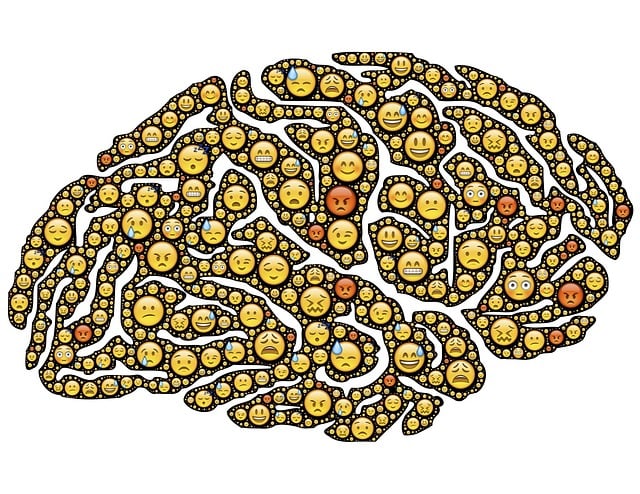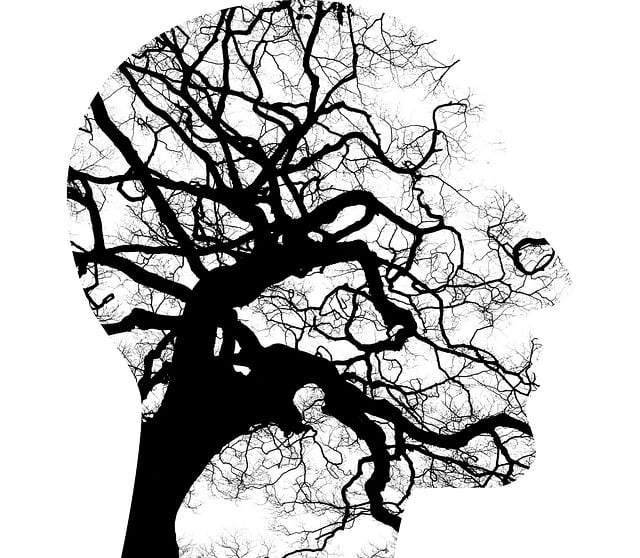Young adults transitioning from adolescence to adulthood face unique challenges, including educational shifts, career exploration, independent living, and identity formation, particularly regarding gender identity. Therapy for Young Adults provides non-judgmental environments, resilience-building techniques, and self-care routines to support their mental wellness. Incorporating gender identity into coaching curricula is essential as societal awareness grows. Effective programs should include personalized goal setting, mindfulness practices, and burnout prevention strategies. Online mental wellness coaching platforms revolutionize access, using interactive tools and peer networks to enhance self-esteem and mental health awareness while maintaining strict risk assessment protocols.
Mental wellness coaching programs tailored for young adults are gaining prominence, addressing their unique psychological needs. This article explores strategies to enhance such programs, focusing on two key aspects: understanding the nuances of gender identity and promoting accessibility in therapy services. By incorporating these considerations, we can create more inclusive environments that cater to diverse young adult populations. We’ll delve into best practices for designing effective coaching, ensuring support for individuals navigating their mental health journeys while considering gender identity.
- Understanding the Unique Needs of Young Adults
- Incorporating Gender Identity into Coaching Curricula
- Designing Effective Mental Wellness Coaching Programs
- Promoting Accessibility and Inclusivity in Therapy Services for This Demographic
Understanding the Unique Needs of Young Adults

Young adults face unique challenges as they navigate the transition from adolescence to adulthood. This period is often marked by significant life changes, including educational shifts, career exploration, and independent living. Additionally, many young adults are exploring their identity, including gender identity, which can be a complex and emotionally taxing process. These experiences can significantly impact mental wellness, highlighting the need for tailored support.
Therapy for Young Adults plays a pivotal role in addressing these diverse needs. Coaches and therapists must foster an environment of acceptance and non-judgment to encourage open dialogue about sensitive topics like gender identity. By integrating resilience-building techniques into coaching programs, young adults can develop coping strategies to navigate life’s challenges. Emotional healing processes are facilitated through safe spaces for self-reflection and expression, promoting a sense of belonging and understanding. Furthermore, encouraging the development of a self-care routine is essential for cultivating better mental health outcomes, empowering young adults to take proactive steps towards their well-being.
Incorporating Gender Identity into Coaching Curricula

Incorporating Gender Identity into coaching curricula is a significant step in ensuring comprehensive mental wellness support for young adults. As society becomes increasingly aware of diverse gender identities, it’s crucial that therapy and coaching practices evolve to meet this need. Traditional approaches often overlook the unique challenges faced by individuals navigating their gender identity, potentially leading to inadequate care. By integrating topics related to gender identity into coaching programs, professionals can gain a deeper understanding of their clients’ experiences and provide more effective support. This involves learning about various gender identities, including non-binary and transgender expressions, and the associated psychological impacts.
Mental wellness coaches play a vital role in fostering emotional well-being promotion techniques tailored to each individual’s needs. Using compassion cultivation practices as a cornerstone, coaches can create safe spaces for clients to explore their identity without fear of judgment. This inclusive approach not only enhances the therapeutic process but also aligns with best practices in risk assessment for mental health professionals. By embracing these strategies, coaching programs can offer targeted therapy for young adults grappling with gender identity issues, ultimately contributing to improved emotional resilience and overall mental wellness.
Designing Effective Mental Wellness Coaching Programs

Designing effective mental wellness coaching programs requires a tailored approach that addresses the unique needs of young adults navigating their gender identity. Therapy for young adults should incorporate evidence-based techniques to promote emotional well-being, ensuring coaches are equipped with the right tools to support this vulnerable demographic. By integrating burnout prevention strategies for healthcare providers into the coaching model, mentors can sustain their own mental health while offering consistent guidance.
Coaching programs must go beyond surface-level solutions and delve into developing inner strength through personalized goal setting, mindfulness practices, and resilience-building exercises. This holistic approach empowers young adults to confront challenges associated with gender identity formation, fostering a sense of self-acceptance and community support. In doing so, these programs contribute significantly to burnout prevention, emotional well-being promotion techniques, and cultivating a positive mental health landscape for future generations.
Promoting Accessibility and Inclusivity in Therapy Services for This Demographic

In today’s digital era, it’s crucial to promote accessibility and inclusivity in therapy services for young adults exploring gender identity issues. Online mental wellness coaching programs offer a game-changer solution by removing geographical barriers and providing confidential, convenient support. This is particularly important as research highlights the unique challenges faced by this demographic in accessing traditional therapy, including stigma, lack of understanding, and limited resources.
By utilizing digital platforms, these programs cater to diverse needs and preferences. They foster self-esteem improvement and mental health awareness through interactive tools and peer support networks. Furthermore, risk assessment protocols for mental health professionals ensure a safe and ethical environment, addressing concerns specific to this sensitive topic. This approach not only broadens access but also encourages more young adults to seek the help they deserve, ultimately contributing to their overall well-being.
Mental wellness coaching programs tailored to young adults must evolve to meet their diverse needs, including addressing gender identity issues. By incorporating these considerations into curricula and promoting accessible, inclusive therapy services, we can ensure that young people receive the support they need for their mental health and well-being. This approach not only empowers individuals but also fosters a more supportive society where every young adult feels valued and understood, ultimately enhancing their overall quality of life.

